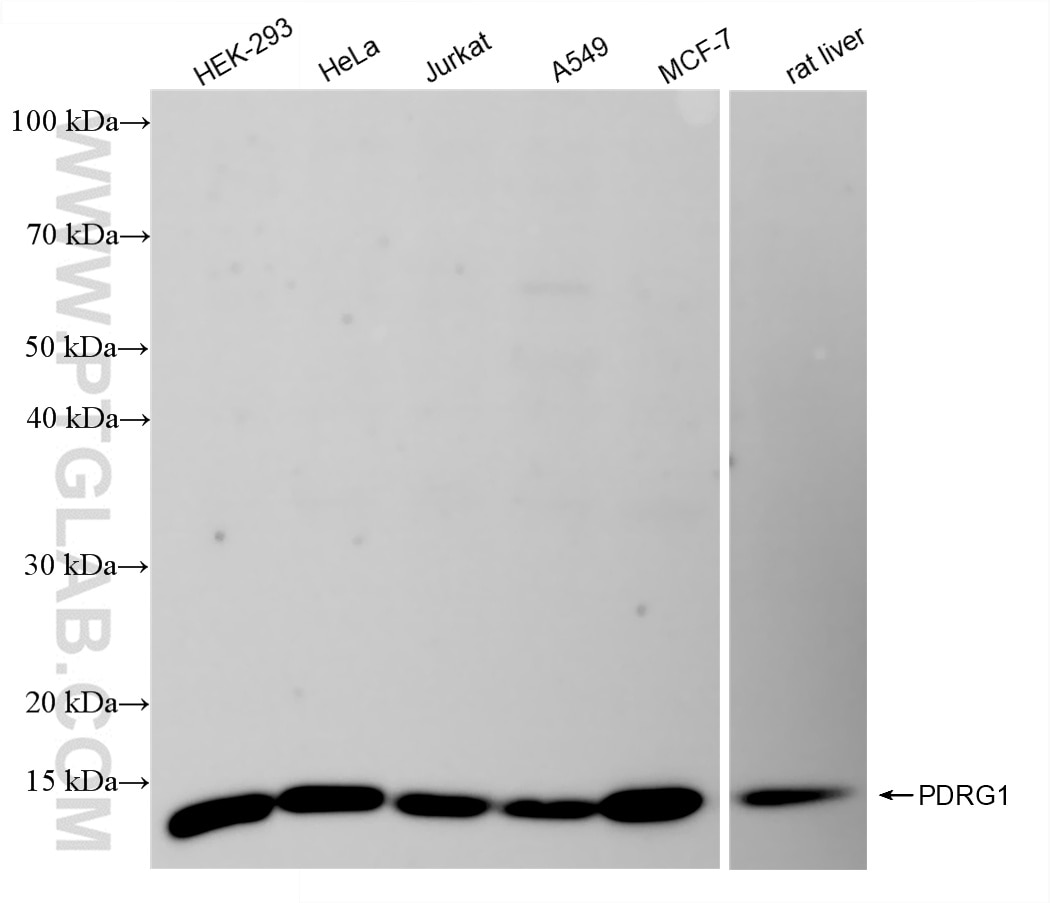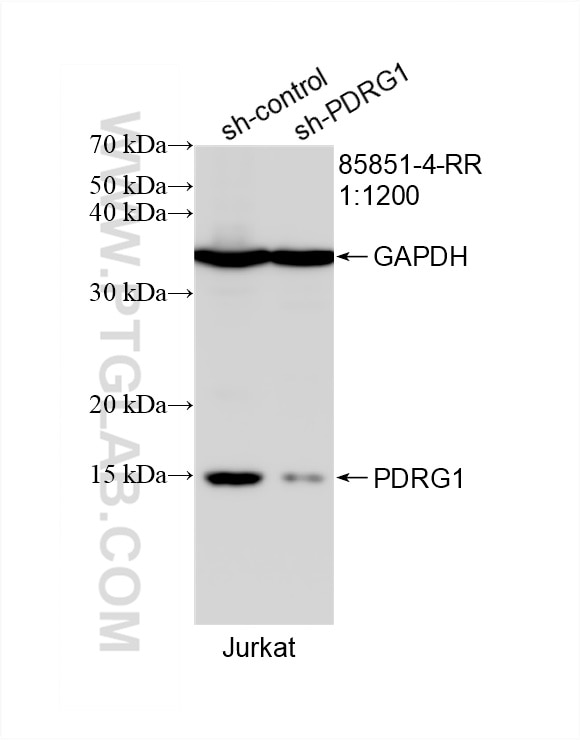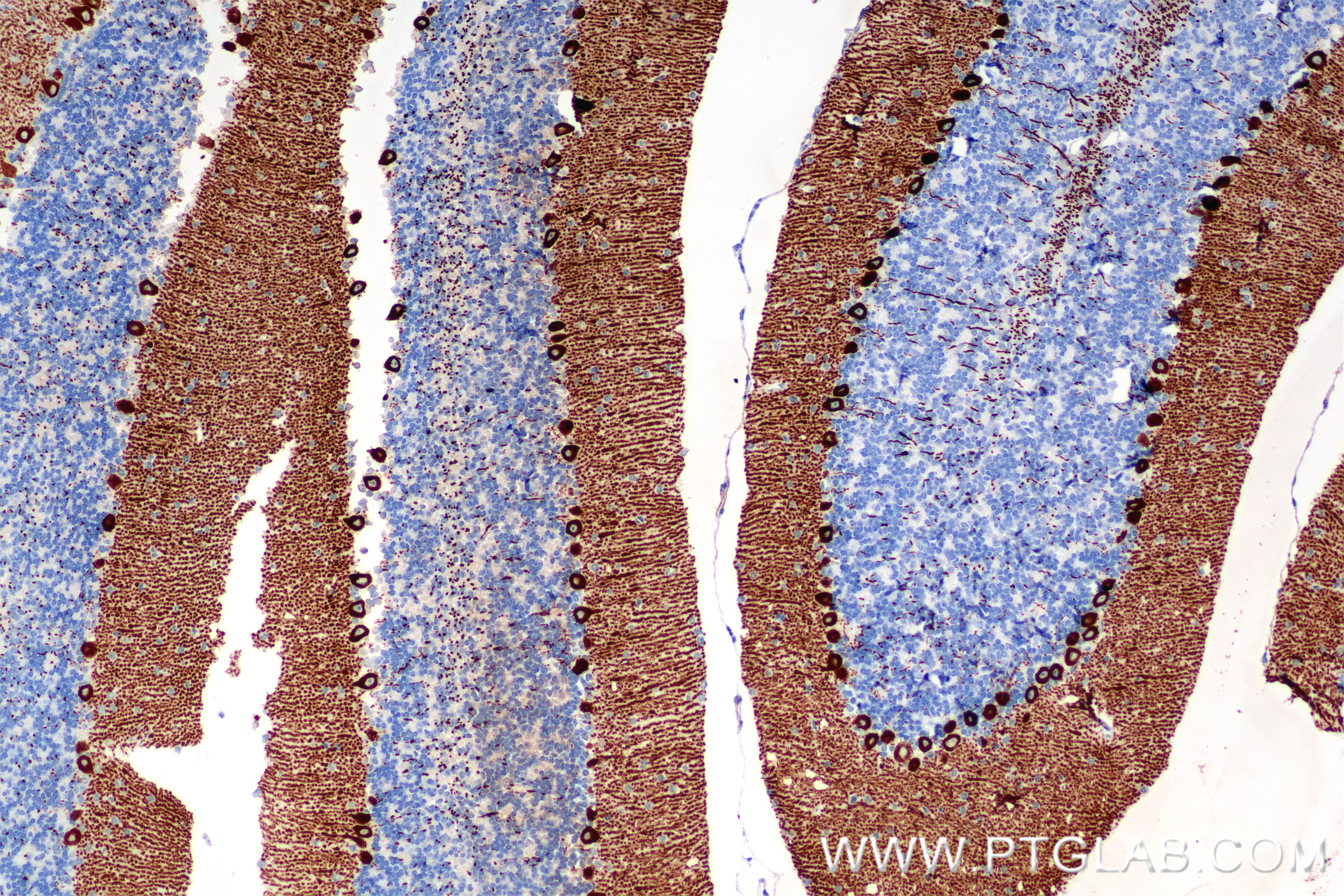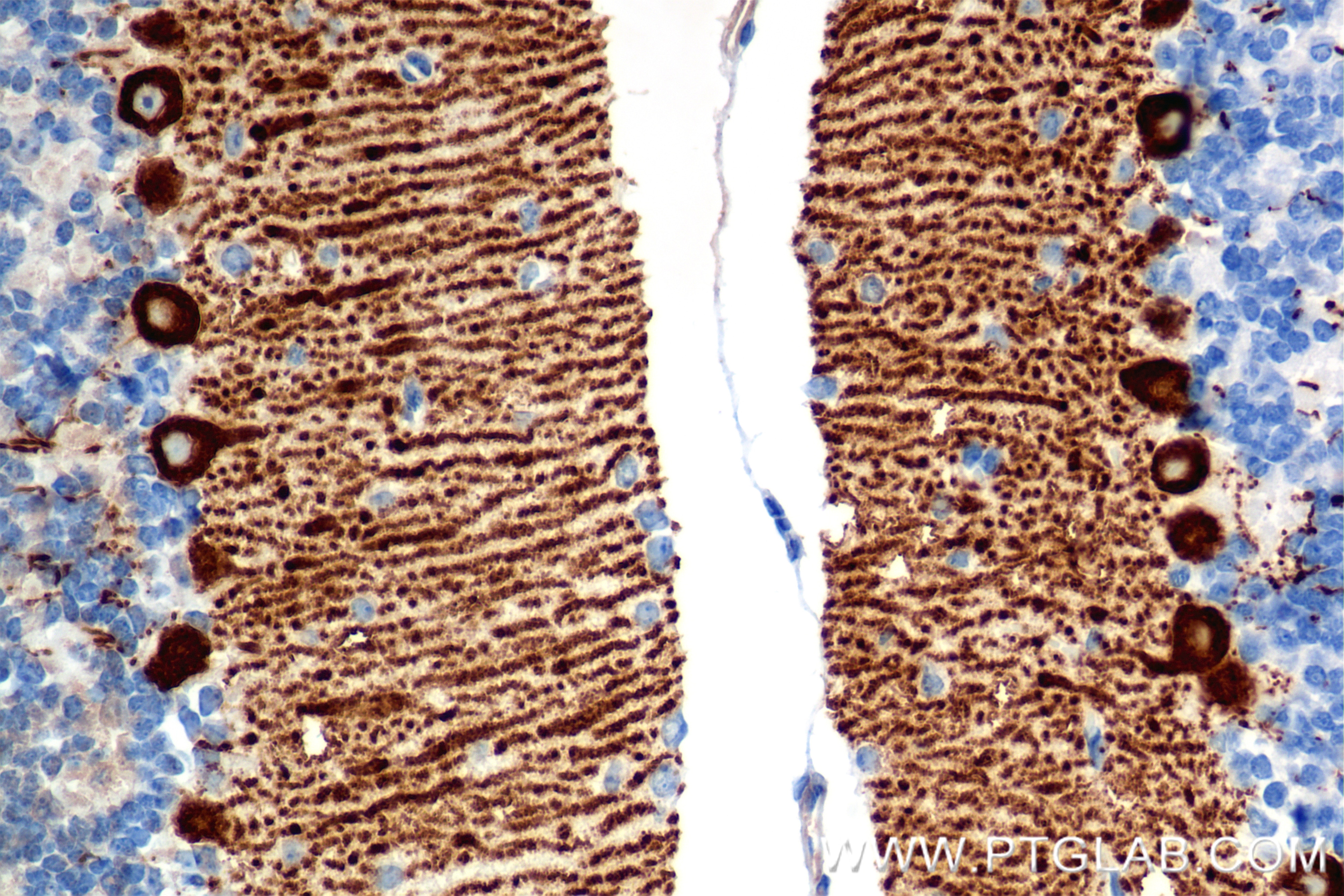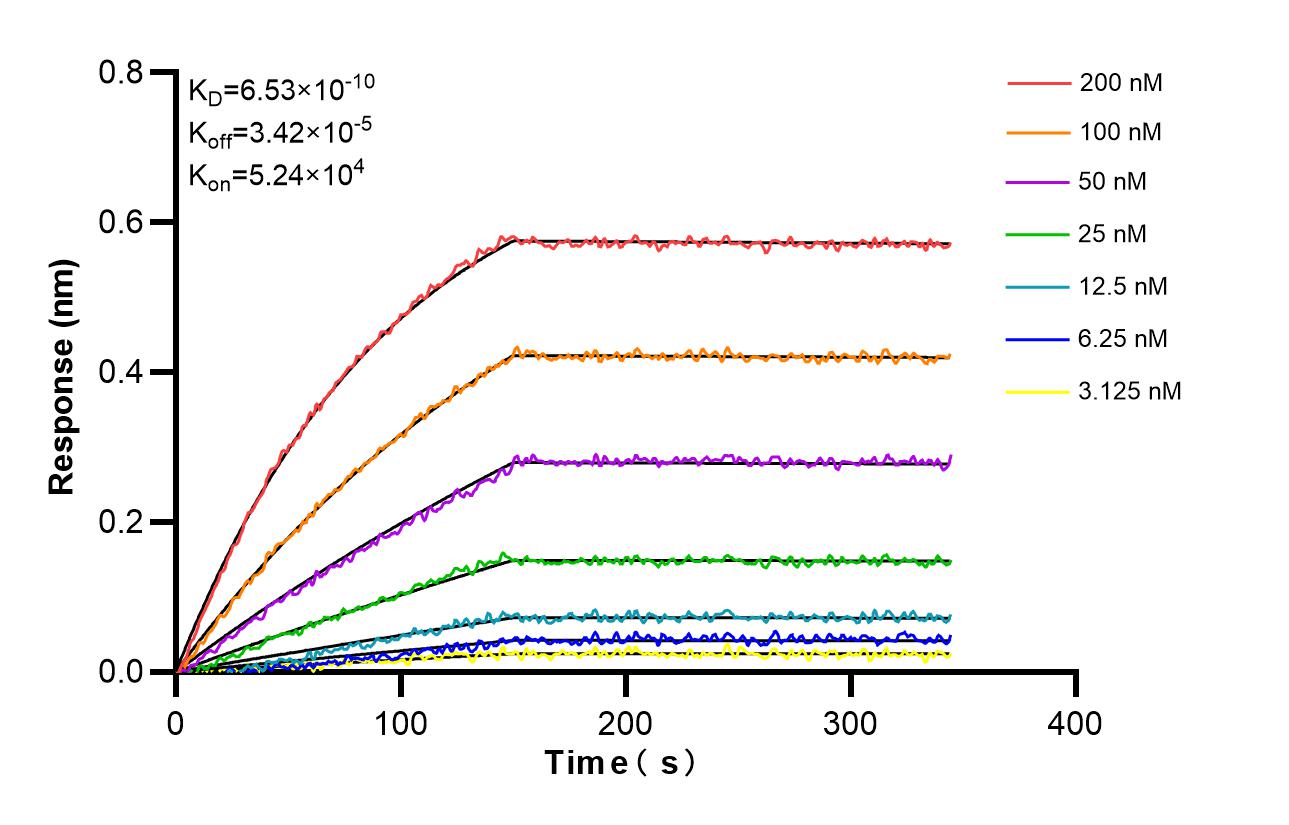Validation Data Gallery
Tested Applications
Recommended dilution
| Application | Dilution |
|---|---|
| It is recommended that this reagent should be titrated in each testing system to obtain optimal results. | |
Product Information
85851-4-PBS targets PDRG1 in WB, IHC, Indirect ELISA applications and shows reactivity with human, rat samples.
| Tested Reactivity | human, rat |
| Host / Isotype | Rabbit / IgG |
| Class | Recombinant |
| Type | Antibody |
| Immunogen |
CatNo: Ag9109 Product name: Recombinant human PDRG1 protein Source: e coli.-derived, PGEX-4T Tag: GST Domain: 1-133 aa of BC009334 Sequence: MLSPEAERVLRYLVEVEELAEEVLADKRQIVDLDTKRNQNREGLRALQKDLSLSEDVMVCFGNMFIKMPHPETKEMIEKDQDHLDKEIEKLRKQLKVKVNRLFEAQGKPELKGFNLNPLNQDELKALKVILKG 相同性解析による交差性が予測される生物種 |
| Full Name | p53 and DNA damage regulated 1 |
| Calculated molecular weight | 16 kDa |
| Observed molecular weight | 15-16 kDa |
| GenBank accession number | BC009334 |
| Gene Symbol | PDRG1 |
| Gene ID (NCBI) | 81572 |
| Conjugate | Unconjugated |
| Form | |
| Form | Liquid |
| Purification Method | Protein A purification |
| UNIPROT ID | Q9NUG6 |
| Storage Buffer | PBS only{{ptg:BufferTemp}}7.3 |
| Storage Conditions | Store at -80°C. |
Background Information
PDRG1 codes for a novel protein called p53 and DNA damage-regulated protein 1. Human PDRG1 is predominantly expressed in normal testis and its expression can be induced by UV irradiation and be repressed by p53 [PMID14562055]. Recently, PDRG1 was identified as a novel tumor marker for multiple malignancies that is selectively regulated by genotoxic stress. Its expression was upregulated in multiple malignancies including cancers of the colon, rectum, ovary, lung, stomach, breast and uterus when compared to normal tissues [PMID: 21193842], suggesting its being a novel tumor marker that could play a role in cancer development and/or progression.

